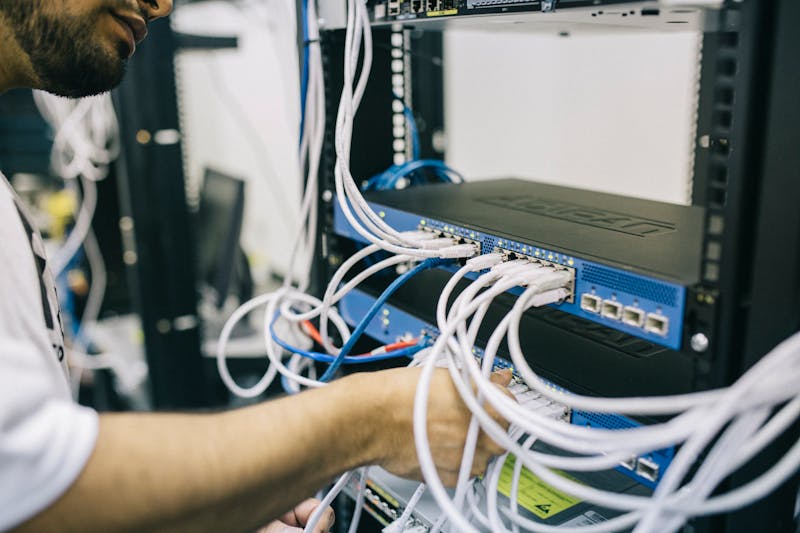
Overview
The Dell PowerEdge R720 and R730 are both popular 2U rackmount servers that have served as workhorses in enterprise data centers worldwide. While the R720 represents Dell's 12th generation of PowerEdge servers, the R730 belongs to the 13th generation, offering several improvements and new features.
Specifications Comparison
| Feature | PowerEdge R720 | PowerEdge R730 |
|---|---|---|
| Processor | Intel Xeon E5-2600 v1/v2 | Intel Xeon E5-2600 v3/v4 |
| Max Memory | 768GB DDR3 | 1.5TB DDR4 |
| Memory Slots | 24 DIMM slots | 24 DIMM slots |
| Storage Bays | Up to 16 x 2.5" or 8 x 3.5" | Up to 16 x 2.5" or 8 x 3.5" |
| PCIe Slots | 7 slots | 7 slots |
| Power Supply | 495W - 1100W | 495W - 1100W |
| Management | iDRAC7 | iDRAC8 |
Key Differences
Processor Technology
The most significant difference lies in processor support. The R730 supports newer Intel Xeon E5-2600 v3 and v4 processors, which offer:
- Better performance per watt efficiency
- Higher core counts (up to 22 cores per processor)
- Improved virtualization features
- Enhanced security capabilities
Memory Technology
The R730's support for DDR4 memory provides several advantages over the R720's DDR3:
R720 (DDR3)
- Maximum 768GB capacity
- Lower memory bandwidth
- Higher power consumption
- Mature, stable technology
R730 (DDR4)
- Maximum 1.5TB capacity
- Higher memory bandwidth
- Better power efficiency
- Future-ready technology
Management and Monitoring
The R730 features iDRAC8, which offers enhanced remote management capabilities compared to the R720's iDRAC7:
- Improved web interface with better responsiveness
- Enhanced security features
- Better integration with Dell OpenManage tools
- Improved virtual console performance
Performance Analysis
Compute Performance
R730 delivers 15-25% better performance with v4 processors
Memory Bandwidth
DDR4 provides significantly higher memory throughput
Power Efficiency
R730 offers better performance per watt consumption
Use Case Recommendations
Choose R720 If:
- Budget is the primary concern
- Running legacy applications
- Need proven, stable platform
- Moderate virtualization requirements
- Existing DDR3 memory to reuse
Choose R730 If:
- Need maximum performance
- Heavy virtualization workloads
- Future-proofing requirements
- Large memory capacity needs
- Energy efficiency is important
Conclusion
Both the R720 and R730 are excellent choices for enterprise workloads, but your specific requirements will determine the best fit. The R720 offers exceptional value for budget-conscious deployments, while the R730 provides superior performance and future-proofing capabilities.
Quick Decision Guide
Choose R720 for cost-effective virtualization and general enterprise workloads.
Choose R730 for high-performance computing and memory-intensive applications.
